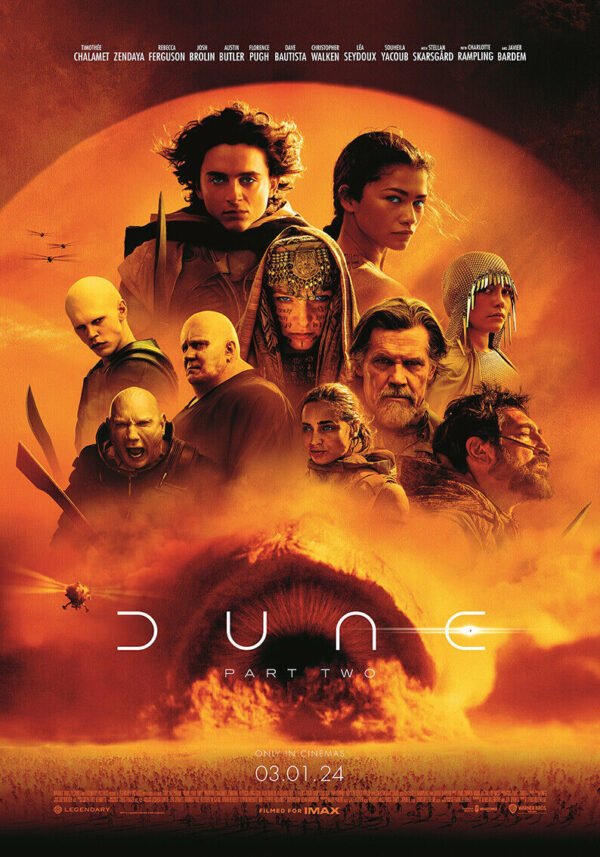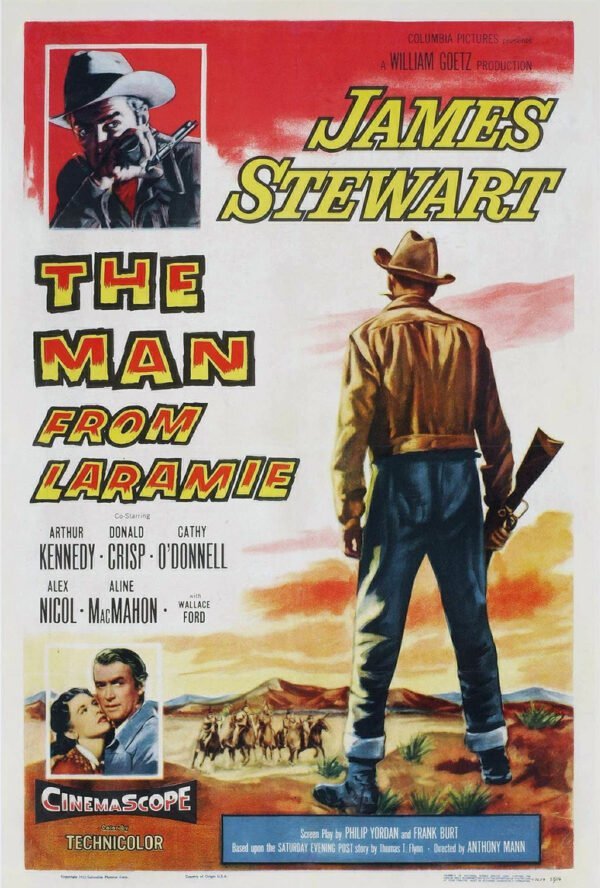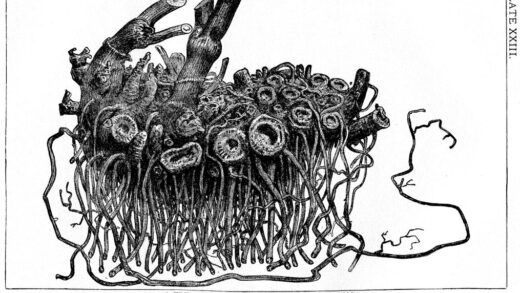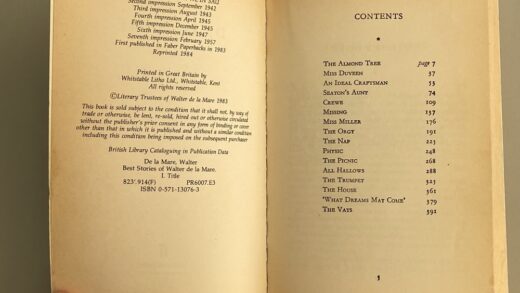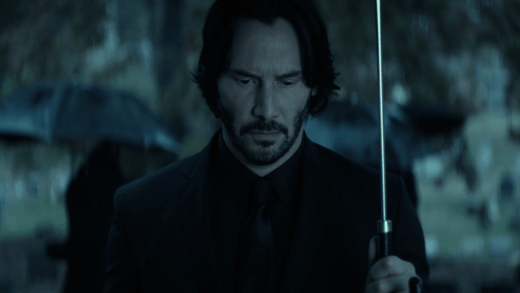During March I read more of David Graeber’s Utopia of Rules, the experience of which has been like something long lost, namely, the experience of joy in intellectual argumentation; watched Michael Haneke’s Funny Games, the original 1997 version; finished Cormac McCarthy’s The Passenger, which is part of two-interrelated novels but I will not be reading the second; and started it off with the Peter Yates’ film Eyewitness, which was a disarming experience of enjoyment.
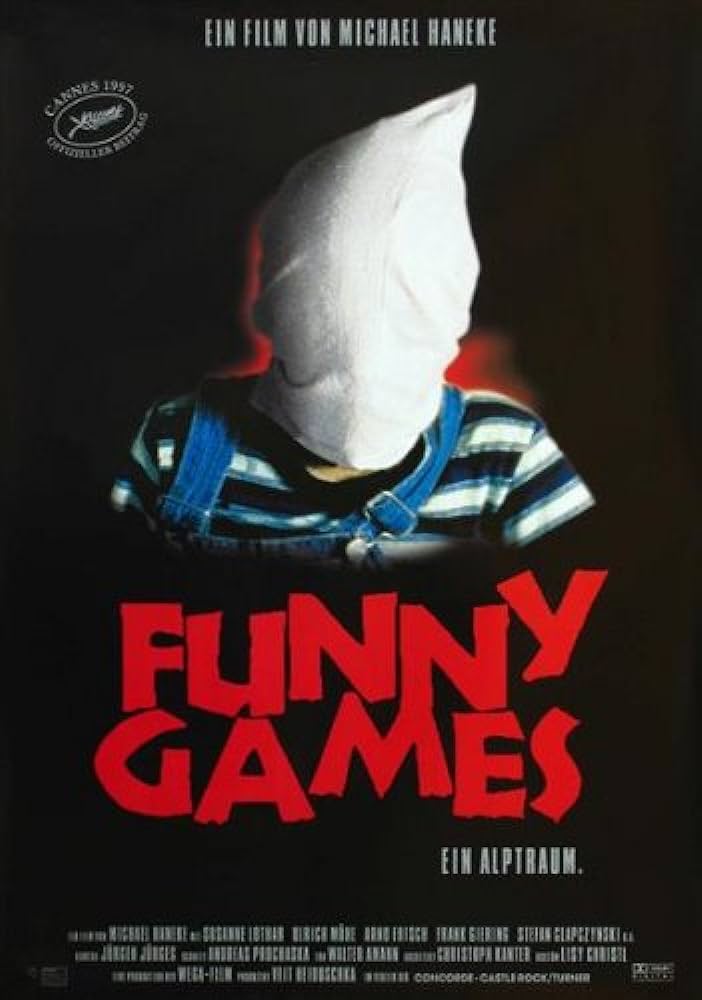
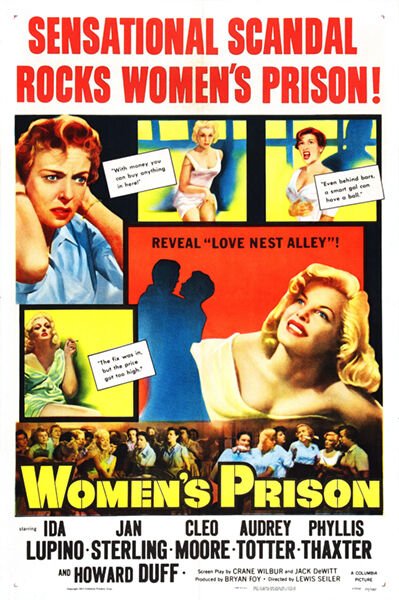
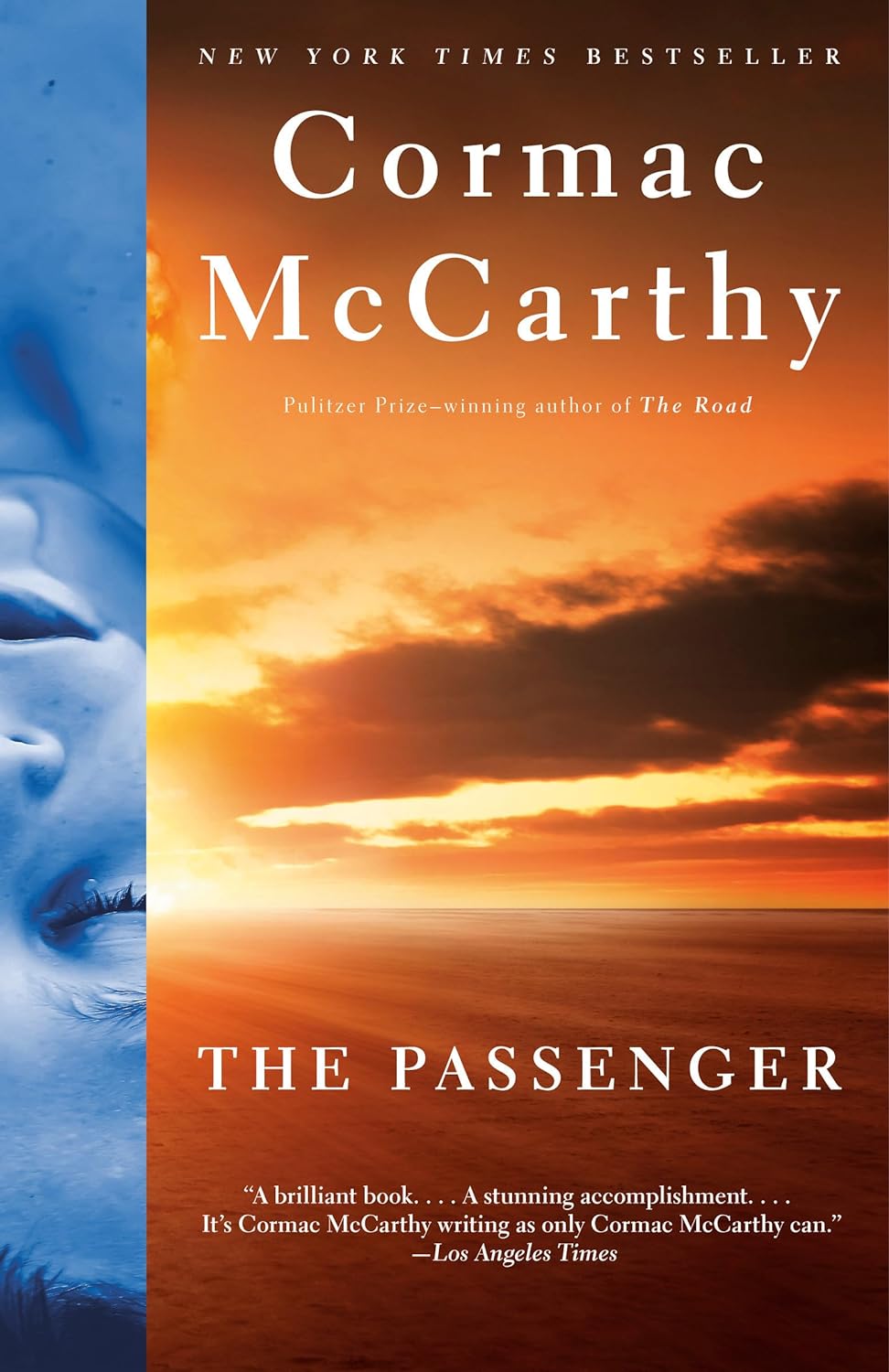
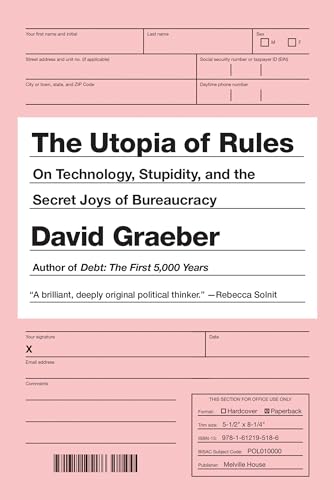
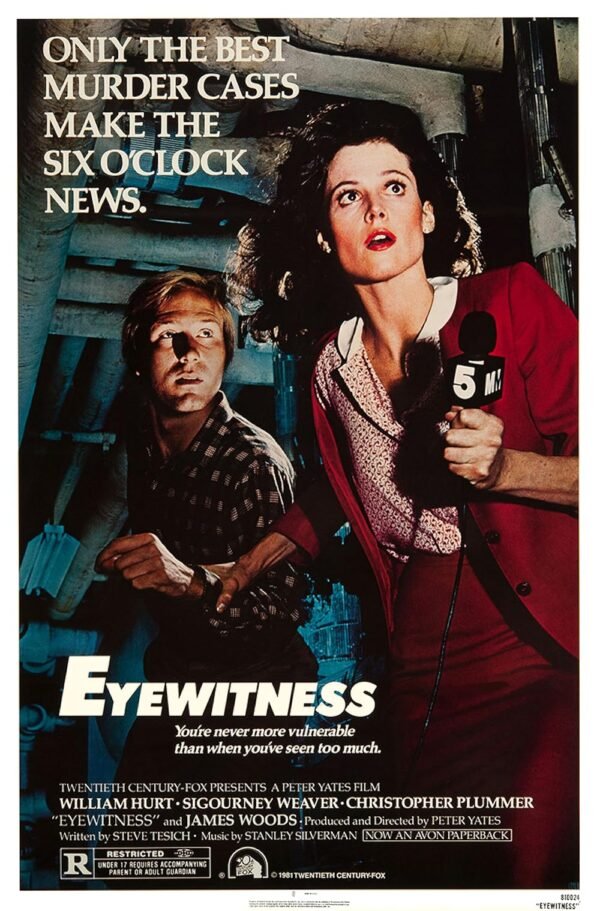
March 2nd
— Eyewitness (1981)
Directed by Peter Yates and written by Steve Tesich; starring William Hurt, Sigourney Weaver, Christopher Plummer, James Woods, Steven Hill, and Morgan Freeman.
William Hurt plays the protagonist in this film, a Vietnam vet who is very close friends with another vet (discharged for cowardice) played by James Wood. They are suspects in the murder of a Vietnamese businessman from the building where they work as janitors. Weaver plays the TV anchor with whom Hurt’s character has maintained a sort of embarrassing crush (admittedly, she’s ravishing). Weaver’s character is Jewish and her boyfriend, played by Plummer, appears to be Mossad.
This is one of the interesting features of the film, namely, that the murder ends up being the result of a complicated Zionist scheme to liberate Jews from the Eastern Bloc. Hill and Freeman are the cops investigating the murder. Freeman’s character’s name is Black, and this is a joke told twice, but to different effects.
Hurt’s and Woods’ characters are effectively motivated and interesting, but it’s not enough to make the film compelling. Hurt’s character’s father has an episode near the end that borders on bizarre, I imagine contemporary viewers might judge.
What is right about this film is the complexity of each character. Each has multiple dimensions: this film is laden with the historical and political effects of that time. Unfortunately, it’s a masterful mis en scène with a sort of feckless plot.
— Funny Games (1997)
Directed and written by Michael Haneke, and starring Susanne Lothar, Ulrich Mühe, and Arno Frisch.
The fourth contribution to the Michael Haneke Film Festival.
It’s been at least ten years since I watched Funny Games the first time. The film is sort of a brutal watch that’s enjoyable in a way that makes you feel unpleasant. Especially perhaps the last scene, which stood out to me more this time than it had previously.
In that scene, Tom and Jerry are sailing the family’s boat with a bound Anna in tow. Anna secretly finds the knife that George had left out. The viewer hopes finally redemption will arrive, and Anna can exact unyielding, bloody judgment on her family’s destroyers.
But it were not so. Tom and Jerry pull Anna up to sit between them as they speak about computer games in an intellectual fashion hitherto unanticipated. And then, without ceremony, Tom (Arno Frisch) pushes Anna overboard, where presumably she drowns. The camera follows Tom and Jerry, continuing blithely, until they arrive at the dock of the previously met family. Tom goes to the door and begins his subtle, uncanny, murderous impertinence. When the woman leaves him, he looks at the camera and the music — having previously been played when Georgie had been hunted down by Tom — plays loudly. Freeze.
— “Bad Boy” Interview with Arno Frish
— “Alexander Horwath on Funny Games”
— Franz Kafka, The Trial, 25 pp.
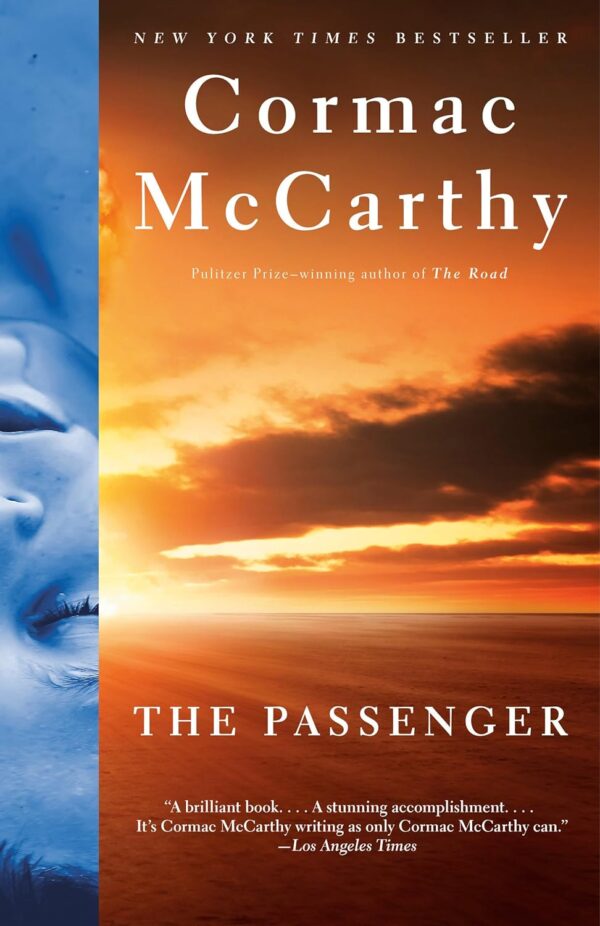
March 3rd
— Cormac McCarthy, The Passenger, 25 pp.
— Kafka, The Trial, 10 pp.
March 4th
— David Graeber, Utopia of Rules, 25 pp.
— Trial, 20 pp.
March 5th
— The Passenger, 35 pp.
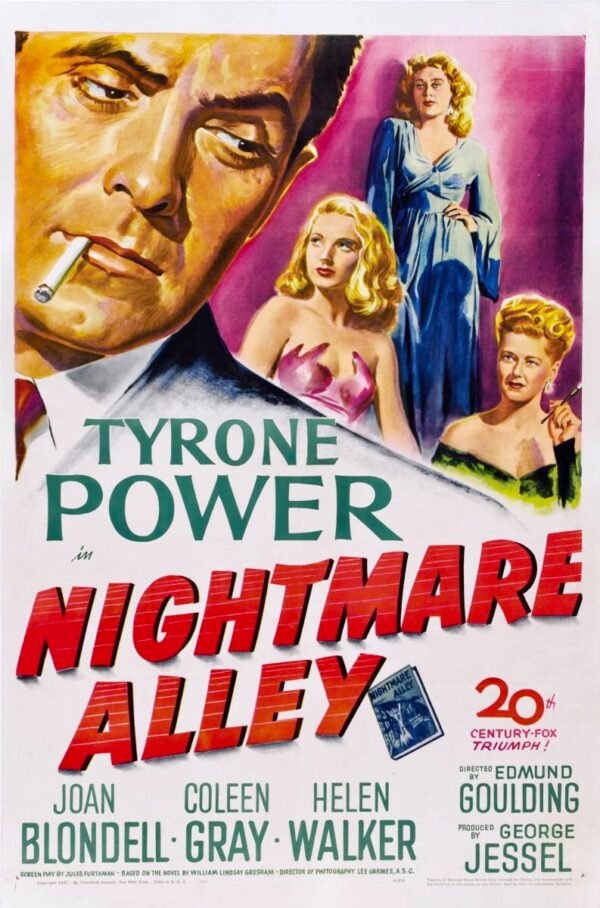
March 6th
— The Passenger, 25 pp.
— The Trial, 12 pp.
— Nightmare Alley (1947), last 45 minutes
Directed by Edmund Goulding; based on the William Lindsay Gresham‘s 1946 novel of the same name,, with from a screenplay by Jules Furthman; starring Tyrone Power, Joan Blondell, Coleen Gray, and Helen Walker.
This film was remade recently in 2021 by Guillermo del Toro, but I haven’t seen that.
I started watching this one where Power’s character is found to be in love with Gray’s and thrown out of the circus, only to become powerful and successful by himself.
This is truly a great film and definitely worthy of remaking …
March 8th
— The Passenger, 16 pp.
— The Trial, 7 pp.
— The Amazing Spider Man (2012)
Directed by Marc Webb; written by James Vanderbilt, Alvin Sargent, and Steve Kloves, based on a story by Vanderbilt; starring Andrew Garfield, Emma Stone, Rhys Ifans, Denis Leary, Campbell Scott, Irrfan Khan, Martin Sheen, and Sally Field.
Please allow me to go puke in my mouth. Oh. My. God. This is such tripe.
March 9th
— Noah (2014)
Directed by Darren Aronofsky, written by Aronofsky and Ari Handel; starring Russell Crowe, Jennifer Connelly, Ray Winstone, Emma Watson, Logan Lerman, and Anthony Hopkins.
Honestly, sort of a snore fest. The most interesting scene was the last, in which Noah offends his son with his nakedness.

March 10th
— Women’s Prison (1955)
Directed by Lewis Seiler; written Crane Wilbur and Jack DeWitt; starring Ida Lupino, Jan Sterling, Cleo Moore, Audrey Totter, Phyllis Thaxter, and Howard Duff.
— The Blues Brothers (1980)
Directed by John Landis, written by Landis and Dan Aykroyd; starring John Belushi, Aykroyd, James Brown, Cab Calloway, Aretha Franklin, Ray Charles, John Lee Hooker, Carrie Fisher, and Henry Gibson.
— The Passenger, 30 pp.
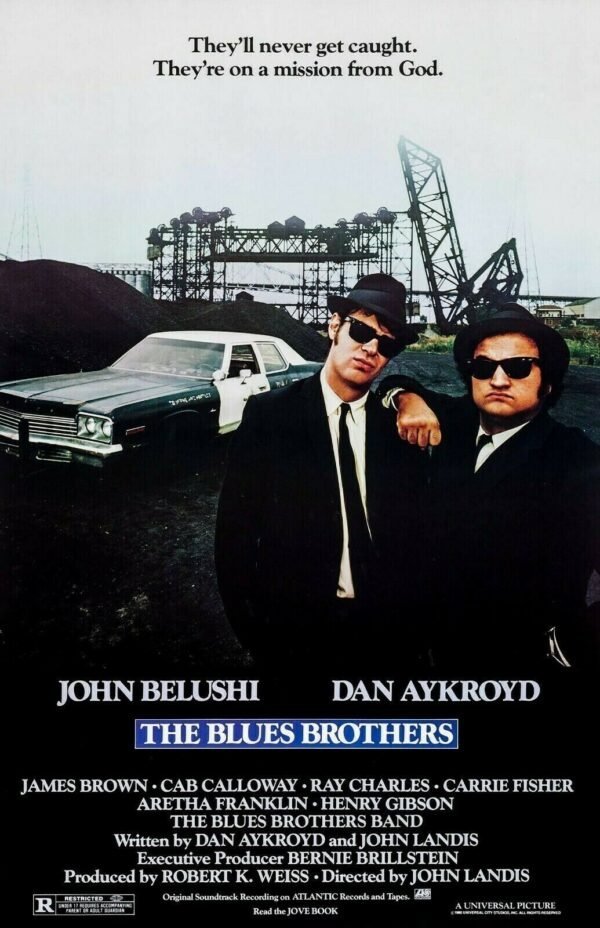
March 11th
— Finished The Passenger. Not a second too soon.
This makes two (three?) McCarthy books that I’ve read recently, including Blood Meridian.
This book is not worthy of his other writings, which are formally stronger and less narrative challenged. The pathos of The Passenger is simply not developed. We cannot appreciate the narrator’s loss and are simply told about it repeatedly.
March 12th-13th
— Steven Aschheim, Nietzsche Legacy in Germany 1890-1990, 27 pp.
This book is a little bit of a mess. It’s interesting, but doesn’t develop consistent views. Instead, it’s more of this person appropriates Nietzsche this way, and this person that way, and a third person yet this other way, etc. This is undoubtedly a dissertation, but not a book.
March 14th-20th
— Erik Baker, “Burnt Offerings”, N+1
— Aschheim, 13 pp.
— The Trial, 50 pp.
— Ted Chiang, “Anxiety is the Dizziness of Freedom”
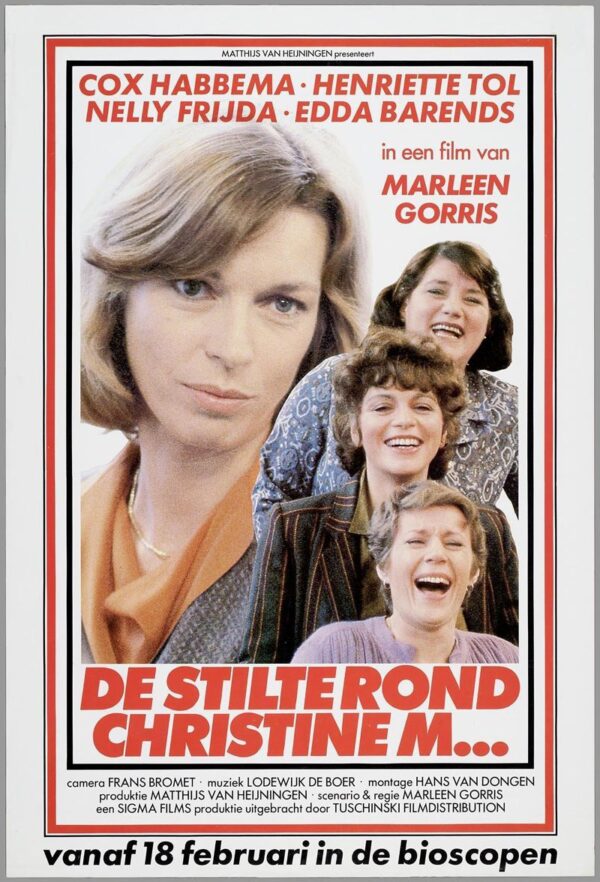
March 22nd
— A Question of Silence (1982)
Directed and written by Marleen Gorris; starring Edna Barends, Nelly Frijda-Wiegel, Henriëtte Tol and Cox Habbema.
Mostly a reconstruction of a murder by three women, none of whom knew each other, of a man none of them had previously met. A spontaneous collective murder. It’s pretty fascinating, even if deeply 1980s.
— “CinemaScope in Contempt” (2024)
The Criterion Channel presents Prof. David Bordwell discussing the use of the Cinemascope aspect ratio in the Jean-Luc Goddard film Contempt. One of the points Bordwell makes is that the expanse of the aspect ratio begs for filling and Goddard teases this, specifically when he is including the image for the film that the main character is supposed to be making.
I love this kind of shit. Seriously. I love analyses of formal constraints and the way that they affect the … diegesis?
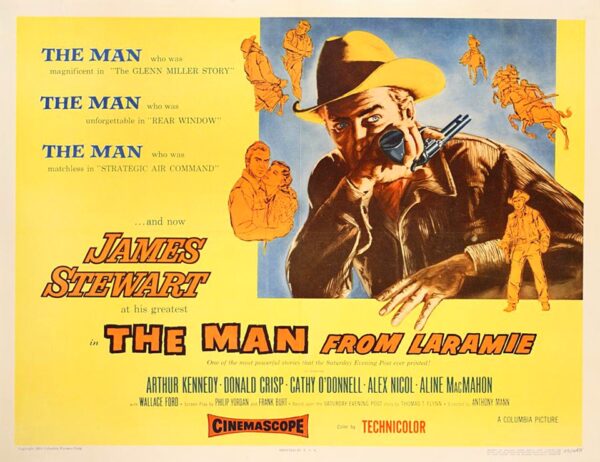
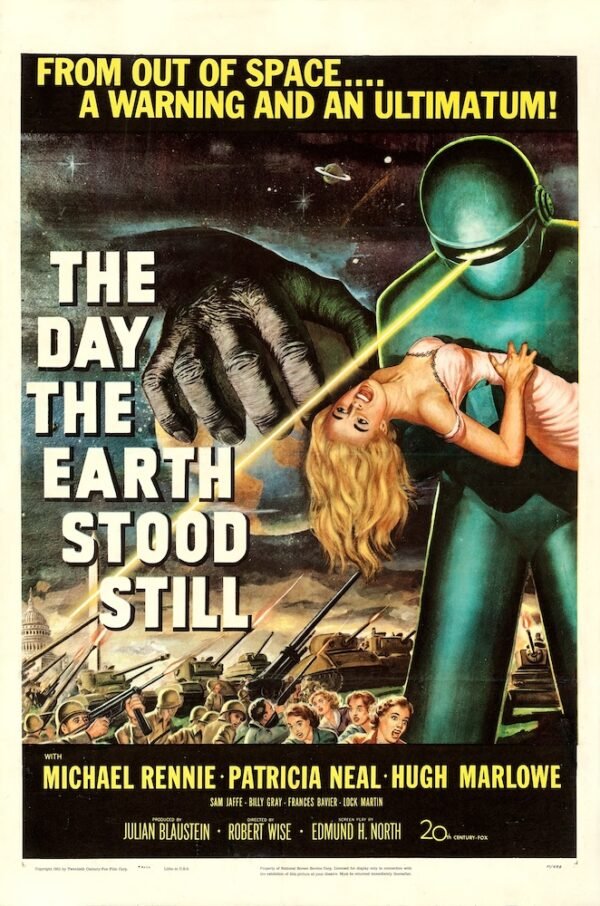
March 23rd
— The Day the Earth Stood Still (1951), last 30 minutes
Directed by Robert Wise, written by Edmund H. North; starring Michael Rennie, Patricia Neal, Hugh Marlowe, Sam Jaffe, Billy Gray, Frances Bavier and Lock Martin.
How young Patricia Neal is. This film is just so weird.
— The Man From Laramie (1955)
Directed by Anthony Mann, and written by Philip Yordan and Frank Burt; starring James Stewart, Arthur Kennedy, Donald Crisp, and Cathy O’Donnell.
Had not seen this, the last of the Mann-Stewart westerns. Probably my favorite is still Winchester ’73 (although I don’t think I’ve seen The Far Country [1954]). Frankly, Stewart’s smoldering pathos, most evident in Winchester is sort of burning out here.
Well, maybe that’s not true. The scene where he’s held and shot in the hand is pretty impressive. Stewart is so emotive there, so raw.
— Dune: Part Two (2024)
Directed and produced by Denis Villeneuve, who co-wrote the screenplay with Jon Spaihts; starring Timothée Chalamet, Zendaya, Rebecca Ferguson, Josh Brolin, Dave Bautista, Stellan Skarsgård, Charlotte Rampling, Javier Bardem, Austin Butler, Florence Pugh, Christopher Walken, Léa Seydoux, and Souheila Yacoub.
— Finished The Trial
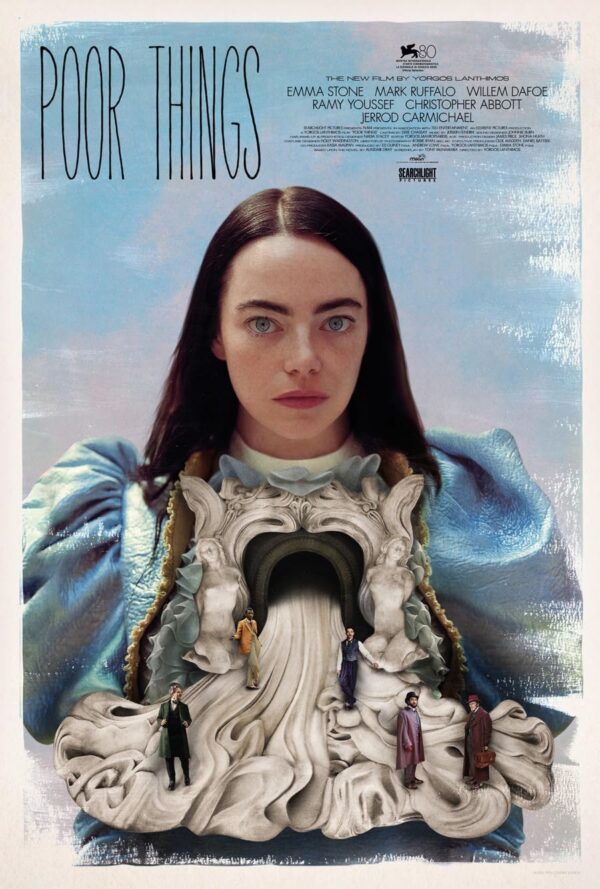
March 25th
— Poor Things (2023)
Directed by Yorgos Lanthimos; screenplay written by Tony McNamara from Alasdair Gray‘s 1992 novel; starring Emma Stone, Mark Ruffalo, Willem Dafoe, Ramy Youssef, Christopher Abbott, and Jerrod Carmichael.
— C. Vann Woodward, Strange Case of Jim Crow, 10 pp.
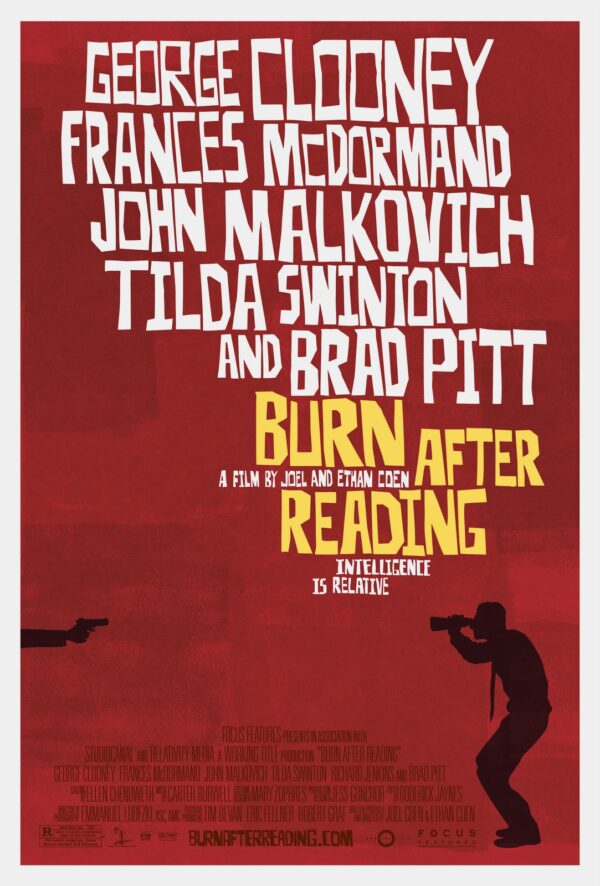
March 26
— Burn After Reading (2010)
Directed, written, produced, and edited by Joel and Ethan Coen; starring John Malkovich, Frances McDormand, Brad Pitt, George Clooney, Tilda Swinton, Richard Jenkins, Olek Krupa, David Rasche, and J. K. Simmons.
Boredom. So terribly misanthropic. Denby was right. Well, at least here.
— Strange Case, 20 pp.
March 28th
— Percival Everett, Erasure, 40 pp.
While visiting Chez Sofia in Amherst, Massachusetts, Parker claims this is the most exciting contemporary writer, this guy I know nothing of, save that he just published James, a book telling the narrative of Jim, Huckleberry Finn’s erstwhile traveling companion and friend.
Erasure is apparently the basis for the film American Fiction (2023), which I’d briefly read about but haven’t seen. It’s pretty freaking hilarious, mostly. And a bit sad.
— Road House (1989)
Directed by Rowdy Herrington, written by R. Lance Hill and Hilary Henkin; starring Patrick Swayze, Ben Gazzara, Kelly Lynch, Sam Elliott, Marshall Teague, and Keith David.
Hill and Henkin should have had their creative licenses permanently taken away. There are so many wooden, dead lines in this film. It’s really atrocious. And horrifying to learn that the best line in the entire film — “I used to fuck guys like you in prison” — came from Joel Silver.
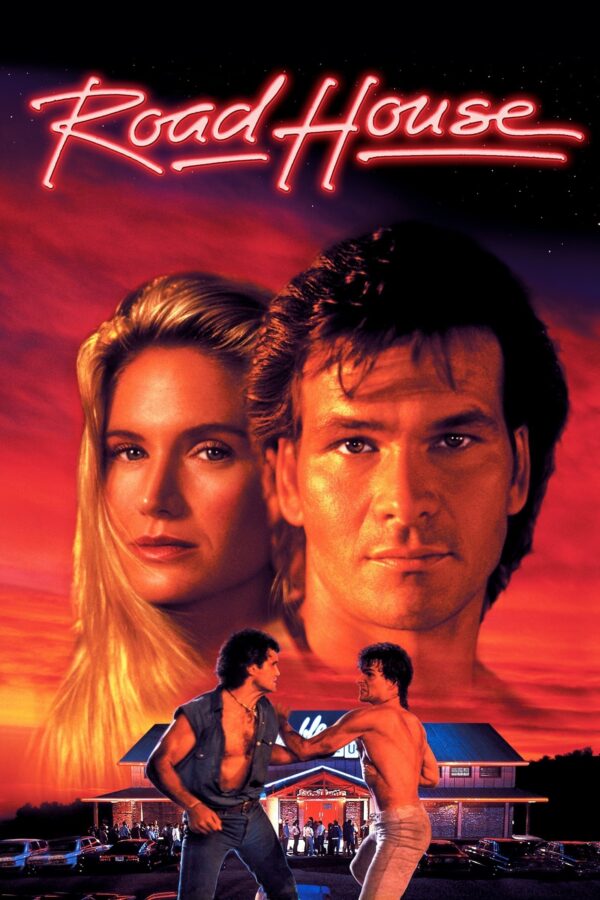
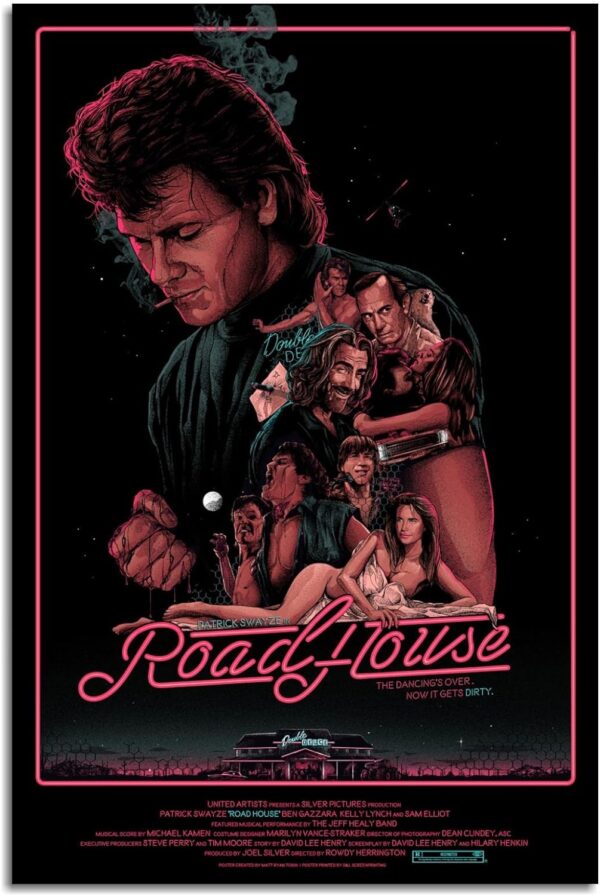
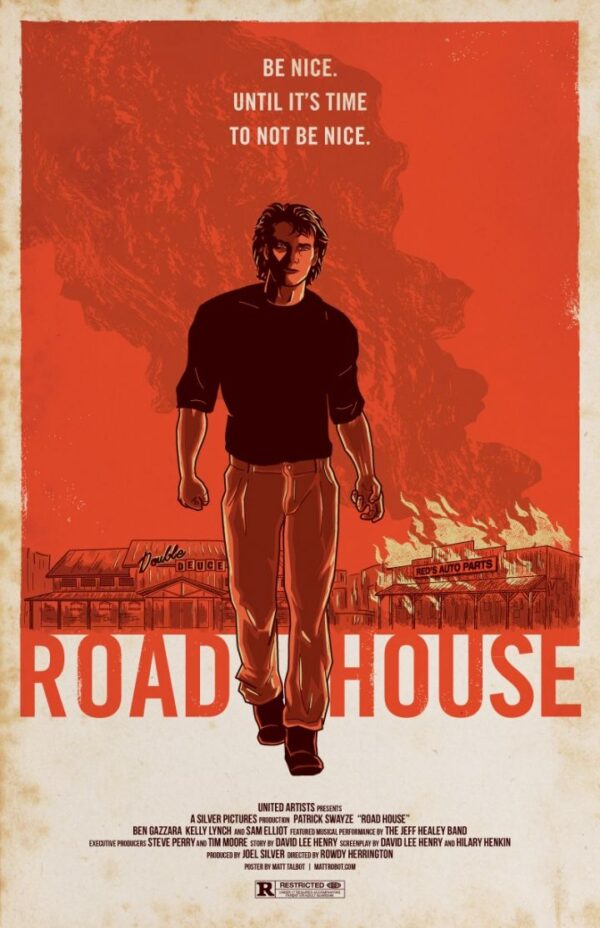
March 29th
— Erasure, 70 pp.
Man, I cannot put this book down.
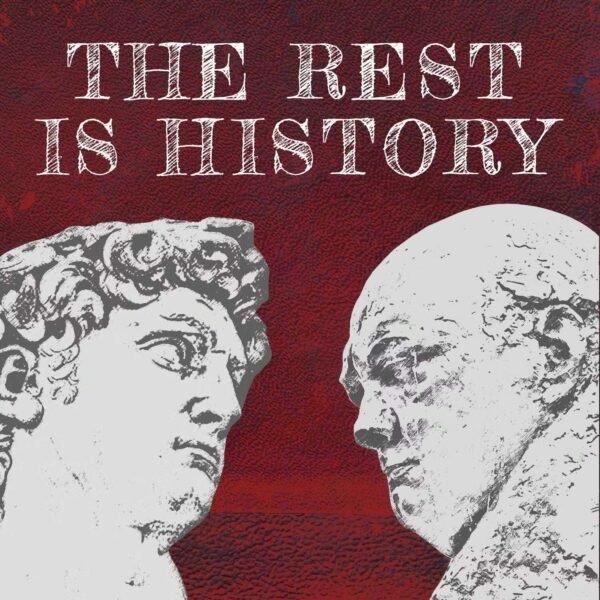
March 30th
— The Rest of History, “The Titanic, Parts 1-6”
Hosts Tom Holland and Dominic Sandbrook take on the freaking Titanic. Its really quite fascinating and ends with some reflections on how this was really just incredibly bad luck, but tragically scarring for all of those who had the misfortune to survive it. And that’s really interesting: the survivors were the perhaps the most harried victims. The lucky were the dead.
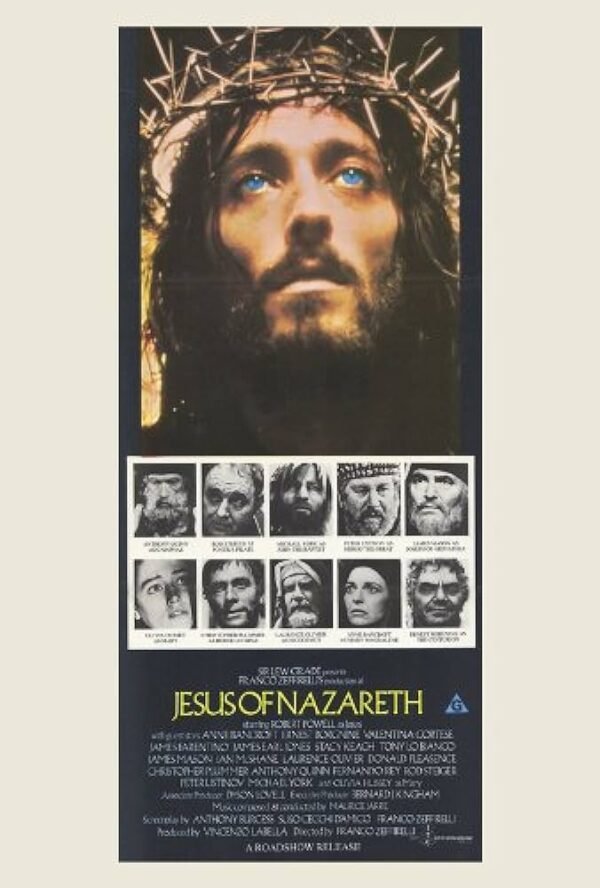
March 31st
— “The Corruption Playbook”, “Human Resources”, NYRB
— Jesus of Nazareth (1977)
Directed by Franco Zeffirelli, written by Anthony Burgess and Suso Cecchi d’Amico; starring Robert Powell, James Farentino, Ian McShane, Olivia Hussey, Ian Holm, Laurence Olivier, Christopher Plummer, Anthony Quinn, Rod Steiger, James Earl Jones, and Peter Ustinov.
Started watching this about the scene where Peter has just returned with his boats from a fruitless fishing trip and is introduced by his brother to Jesus. Peter’s very skeptical, unbelieving. Passionately complains about the taxes he pays and the obligation he has to take care of his family.
So when Jesus asks him to take him out with him, one sees this episode in a completely new light. Or at least I did. Jesus is sort of taunting him, effectively, as much as he is also one who produces miracles to convert unbelievers.
When Jesus shortly thereafter says that he has come not to bring peace but to bring the sword, to destroy families and alliances, his presence is the more threatening.
— “The Rise of Middle Finger Politics”, Ezra Klein Show
— Henrik Ibsen, The Pillars of the Community, Act One

